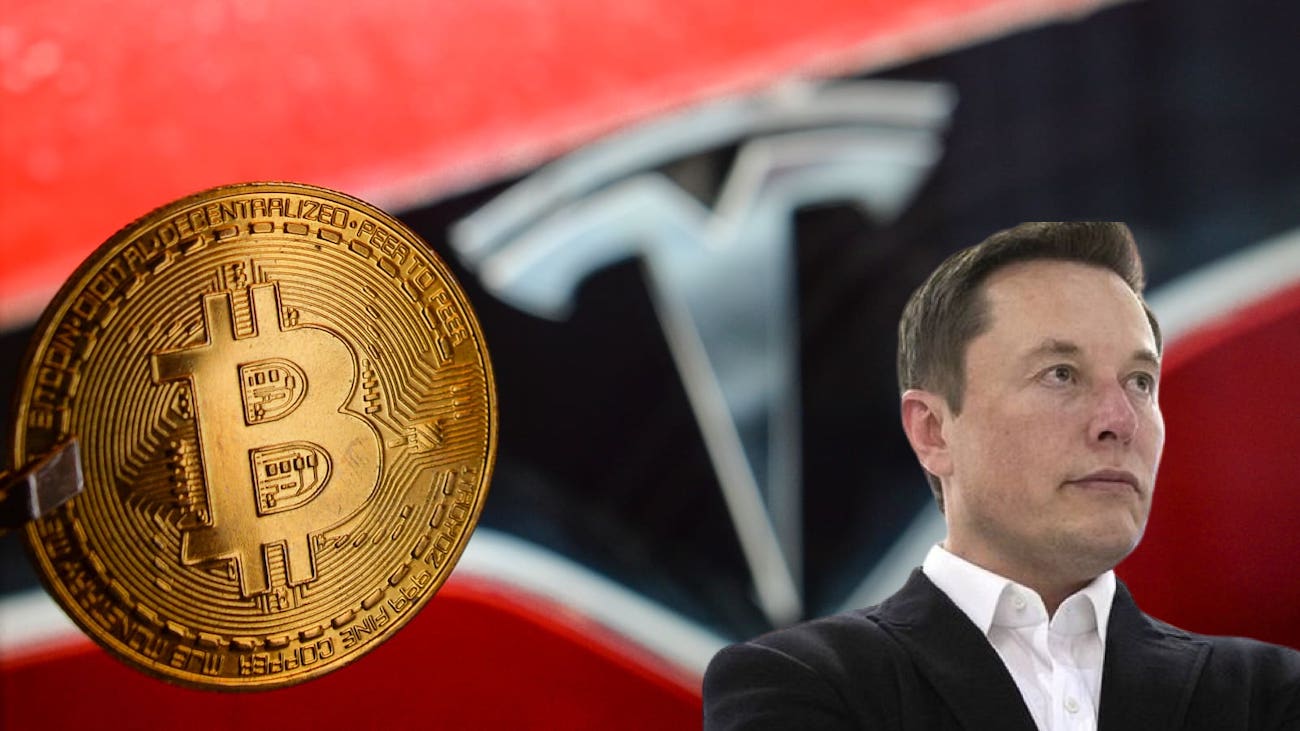
Earlier this week, Tesla announced that it would no longer accept cryptocurrencies as payment for its products, a move that undoubtedly exacerbated already nervous market sentiment. As usual, the cryptocurrency market is focused on the immediate story. If Elon Musk says Bitcoin is bad for the environment, it could trigger panic among other large investors and decide to sell. While this may have been a speech he made without thinking, or his board or executives bowed to external pressure, it is worth taking a step back to look at the possible motivations and strategies behind this move, and the possible consequences. consequences.
First, let's look at why Tesla's announcement didn't matter that much. Tesla announced that it will start accepting Bitcoin as a payment method in February this year, and at the same time announced that it has bought $1.5 billion in Bitcoin as an investment. In fact, the payment option is just a PR stunt, if Bitcoin is a "reserve asset" that can be used to hedge against the devaluation of fiat currency, then why should users use it as a payment token?

Many people insist that Bitcoin does not make sense as a payment token given its high fees and slow confirmation times, yet ignores the fact that in many third world countries it is still a better alternative to local fiat currencies. s Choice. However, for most of Tesla's target users, bitcoin payments are not a better payment option than direct bank transfers or credit cards. Tesla hinted that Bitcoin is a good reserve asset and a useful payment method, but if Bitcoin is worth holding and can hedge against the devaluation of fiat currencies, why should users give it up? When they entered Tesla to raise funds and had a lot of bitcoins lying around, they could use these cryptocurrencies as collateral for a loan to buy a new car. In other words, the number of Tesla customers who are excited to pay with Bitcoin is very small, if not non-existent. So canceling Bitcoin payments feels like another PR stunt, a dispensable option, a move with negligible economic impact for both Tesla and Bitcoin.
The reason for Tesla's decision is that the increased use of fossil fuels in Bitcoin mining and transactions has caused environmental pollution. A tagline can be seen on Tesla's website: The company's mission is to "accelerate the world's transition to sustainable energy." Last week, Tesla entered the S&P 500 ESG index (up 9.8% as of this writing, slightly ahead of the S&P 500), which is scored on environmental, social and corporate governance. Earlier this week, Reuters reported that Tesla was seeking to enter the multibillion-dollar U.S. market for renewable fuel credits. So Tesla is investing heavily in sustainable energy and Bitcoin.
With the announcement of the cancellation of Bitcoin payments, Musk took the topic of Bitcoin's "harmful to the environment" to another level, and the price of Bitcoin began to fall immediately, the community will no doubt be more acutely aware that just tweeting is wrong. Not enough, but needs to be upgraded to the policy level. The more Bitcoin mining is talked about on a policy level, the more “acceptable” it is as an industrial activity. Politicians will gradually realize that bans will simply divert these activities elsewhere, and the more people understand the possibility, the more motivated politicians will be to come up with more effective solutions to decontamination. The more involved the mining industry is in the renewable energy sector, the “cleaner” its image becomes. This is why Tesla's decision to cancel bitcoin payments is beneficial to bitcoin, which can encourage further development of bitcoin and explore the role it can play in many areas of society.